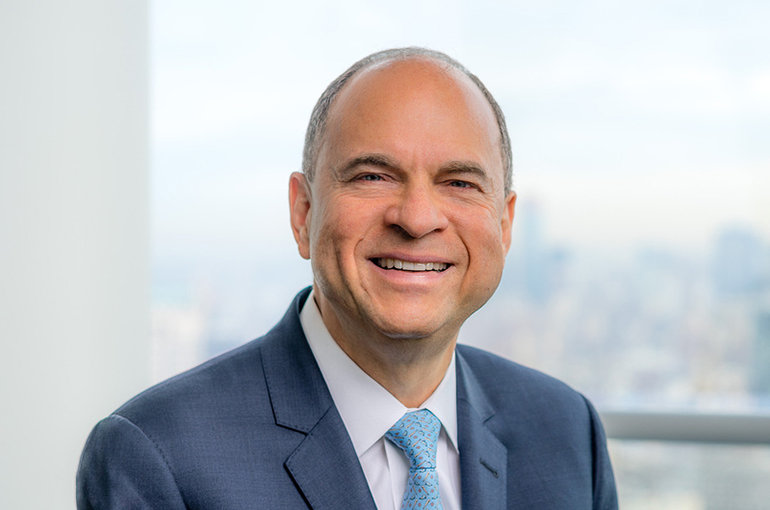 China Is Still Key Part of MSCI’s Emerging Market Index, Chair Says
China Is Still Key Part of MSCI’s Emerging Market Index, Chair Says(Yicai) Nov. 21 -- China remains an important part of the overall portfolio of most emerging markets for international investors, despite the recent outflow of foreign capital from the country due to changes in the market environment, the chairman of global index provider MSCI said in an exclusive interview with Yicai recently.
China accounts for 30 percent of emerging markets right now and the vast majority of our clients are not yet splitting China from the Emerging Markets Index, Henry Fernandez, who is also chief executive officer of the New York-based firm, said earlier this month. Although some have done that, the vast majority have not, he added.
But MSCI is not in a position to consider an increase in the weighting of mainland shares on its Emerging Markets Index right now, because international investors still need to see more progress in the reform of China’s financial market system and they also need to see a de-escalation of global geopolitical tensions, he said.
There are four challenges that need to be overcome before the index can add more mainland-listed companies, Fernandez said. These are market hedging tools, the short settlement cycle of the mainland market, holiday trading arrangements and an omnibus trading system for the stock connect scheme.
Room for Improvement
Global ETF assets derived from the MSCI China A50 Index have reached USD2.8 billion, effectively helping international investors manage their exposure to Chinese equity.
But since there are much more than 50 stocks traded on the mainland, we need a broad index future that captures all the mainland markets or is much more representative of them, Fernandez said. And we need options on that index as well.
In order for Hong Kong to maintain its position as an international financial center, it also should be a global risk management center, he said. This is really critical.
In August 2022, Hong Kong and mainland regulators optimized the trading calendar on the Shanghai-Hong Kong and Shenzhen-Hong Kong stock connects to solve delays in transaction clearing during periods when the three exchanges of Shanghai, Shenzhen and Hong Kong were closed for public holidays.
But for international investors, there are still differences in the holiday schedule between Hong Kong and the mainland which prevents them from reacting to any fluctuations in the mainland markets should the Hong Kong stock exchange be closed, he added.
Different Systems
The most important issues for international investors are accessibility and the ability to invest, he said.
However, the short settlement cycle of the mainland stock market is still tricky to solve, as the Chinese and foreign systems are different, Fernandez said. It is difficult.to change the local settlement system just to accommodate foreign investors. Some will say, let's keep the settlement cycle the same for local investors, but let's also figure out a way through the stock connect scheme to allow international investors to use their payment methods, he added.
Moreover, money managers around the world have a lot of accounts. They just want to make one purchase and then distribute the stocks among all the different accounts and funds at the same price, Fernandez said. But China adopts a real-name trading system, and each account needs to be confirmed separately, so the price obtained by different accounts may vary.
Although there has been some progress in overcoming some of the challenges, more needs to be done, Fernandez said. These are decisions that regulators need to make depending on whether they want to attract greater inflows of foreign capital.
Editors: Tang Shihua, Kim Taylor